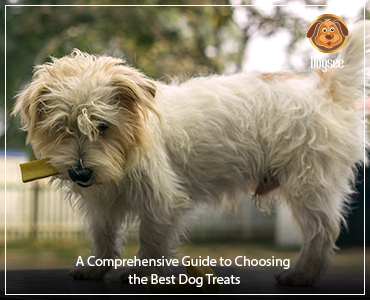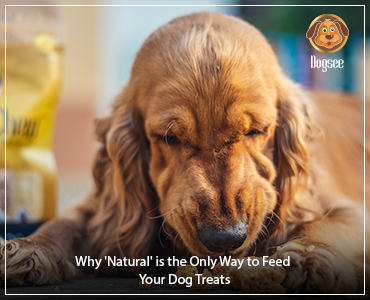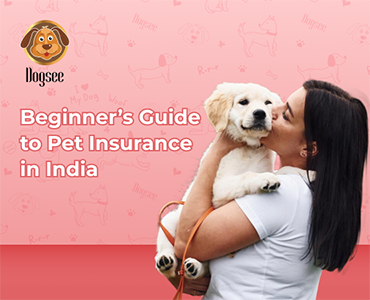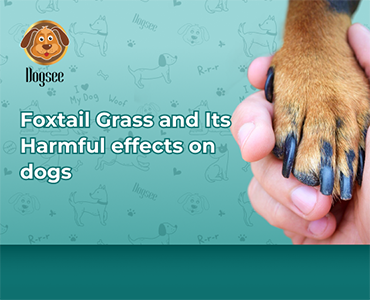
It can be very upsetting when your dog refuses to eat, whether you've had pets for years or you've just adopted your first puppy. A dog's loss of appetite can be caused by a number of factors. It is critical to identify the underlying cause and determine what to do when a dog won’t eat.
Dental Issues
Dental problems are the most common reason why your dog may have stopped eating abruptly. If you have noticed your pooch in pain while chewing his kibble, take a look at his teeth and consult a vet for a proper examination. It is highly recommended that you brush your dog's teeth on a regular basis and provide them with dental chew sticks to keep the plaque off.
Stress or Anxiety

Separation anxiety might be the villain behind your pet’s lost appetite. And so, always find time to play with your pups as they are emotionally attached to their owners. Leave them in comfortable hands while you’re away and never make them feel that they are left alone.
Low-quality Food
Another reason why your dog is not eating could be the low quality of the food he has been given or that the food has become stale. Never compromise on the quality of the food or the treat's quality, as it can lead to severe health problems. Always pick an all-natural and high-grade food brand like Dogsee Chew and make sure to have a list of what dogs eat without any hesitance.
Illness

Your pooch could be suffering from an underlying disease and this could be the trigger behind him not eating. If you suspect an illness is to blame for your pet's sudden refusal to eat, make an appointment with your veterinarian right away to have some tests performed.
Boredom
No human loves to have a staple diet, as they are most likely to be sick of routines. The same is the case for dogs. If you find them refraining from eating, try to replace your dog’s diet with a healthy variety of foods and treats. Indulge them in scavenger hunts and stimulation games and make them earn their mini pops training treats.
Behavioral Issues
Some dogs are simply picky, or their refusal to eat may be caused by feeding them in situations where they aren't comfortable, such as around an aggressive dog or from a bowl at an awkward height. A decreased appetite in dogs can be caused by illness, so never assume that your dog is picky without first ruling out other possibilities.
Overfeeding
There is a general misconception that giving your pooch too much food helps them stay healthy. Well, overfeeding may be an easier thing to do for you, but it will put your dog through tough times. So consult a dietician regarding how much you need to feed them and treat them.
Pain
Dogs do an excellent job of masking pain, but this could be another reason your dog isn't eating. Pain can slow down your pup's overall activity as it could simply hurt to even have to get up and walk to the bowl, or to have to stand or even lean down to eat. Always be observant of your dog’s movements and rush him to the vet if the pain gets frequent and unbearable, as prevention is always better than cure.
Conclusion
These are the most probable reasons for the most frequently asked question, "Why is my puppy not eating?" And as a responsible pet owner, it is your job to ensure that your dog is properly cared for.
 HELPFUL0 people found it helpful
HELPFUL0 people found it helpful
Related Blogs
Subscribe to Our Blogs
and never miss on the latest update!






















